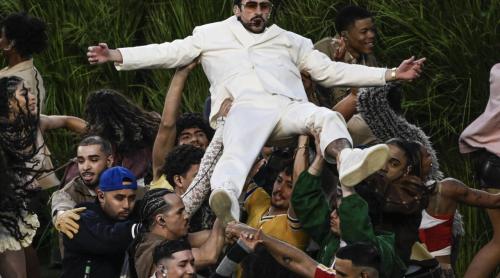It is early October and a new delegation of the International Monetary Fund arrived in Bucharest.
This time is a regular visit in an IMF member state. Gone are the days of fierce negotiation and high stakes, of the â90s and early 2000.
In those days the negotiations with the IMF were so important
that, in
case of failure, Romania had to postpone vital investment projects.
What Romania wanted it was clear: to get the IMF blessing enabling it to borrow money cheaper on the international markets.
What the IMF wanted? Prejudices and fears mired the explanations on the Fundâs reasons behind its negotiation position.
The general opinion was that the Government position - no matter which government - was not holding its ground and allowed the IMF to push forward policies which were to turn Romania into a demand-zone for the European Union and other developed nationsâ products.
The suspicions were ill-founded.
First, a market cannot absorb products unless the people operating on it have the financial means to buy, which in turn meant that domestic production had to boost in order to provide Romanians the financial means to become consumers.
Second, the IMF truly wanted to bring Romaniaâs economy up to speed for its integration into the global economy.
The Fundâs stance is to get all economies - big and small - take part in the global economy. Its new strategy is to stress that the monetary, fiscal and restructuring policies complement each other. Their optimum mix is mandatory to ensure non-inflationary economic growth doubled by the offer of jobs, which would allow preserving the social peace.
Right now the IMF is concerned with preventing a double crisis: that of some countries, and that of a system.
A major crisis would propagate in three stages: s1t a classic macroeconomic crisis; s2t a crisis of the banking systems; s3t a crisis of the development management.
It is clear today: there is a rift between the old development models and the requirements of a global economy, so much so that each country should aim to achieve excellence in its macroeconomic policies. There is no room for mistakesâ¦
So, this would be in short what the IMF wants today from us, as it wants from the world all over: a well performing economy, competitiveness and a stable economy, and political environment that would allow us to perform well in competition with the EU and the world economies.
Translated by ANCA PADURARU



















